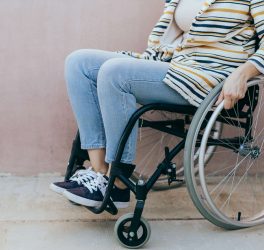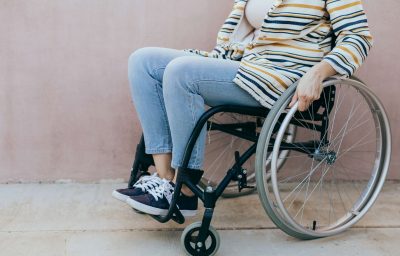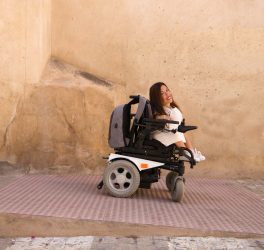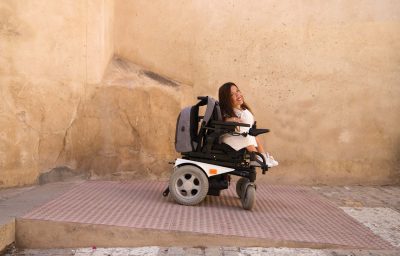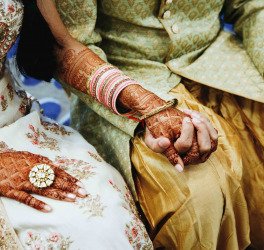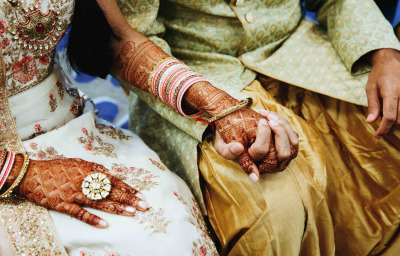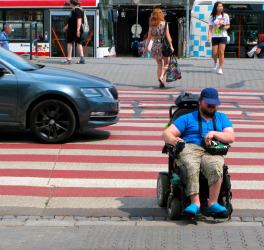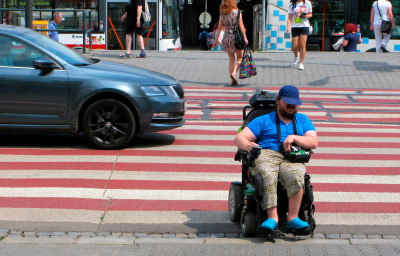Mónika Zsúnyi, 26 years old from Temerin, is a valuable advocate for women and girls with disabilities who are often denied essential health services.
Approximately 8 percent of the total population of Serbia — almost 600,000 people live with some type of disability, the majority being women and girls.
According to a study by UNFPA and Iz Kruga Vojvodina, an organization that supports females with disabilities, one in five disabled Serbian women and girls experience difficulty acquiring health services:
- One in four is unsatisfied with the sexual and reproductive health services they receive.
- One in seven has never had a gynaecological examination.
- Only one in four says they can freely and independently decide if they want children, or have their family’s support in doing so.
These challenges are a result of negative stereotypes and prejudices in society, even among health professionals. The COVID-19 pandemic has escalated these problems.
Women and young people with disabilities are three times more likely than their non-disabled peers to experience sexual violence, and they are at risk of being left behind in the response to the COVID-19 crisis.
But Serbian women with disabilities, like Zsúnyi, are trying to make the world more inclusive by raising people’s understanding about disabilities, setting standards for inclusivity and advocating for legislation to promote their rights.
“I am a woman with a disability. I live with cerebral palsy, I have difficulty speaking and moving. I try to be as independent as possible and live a full life. Sexual life is part of that,” said Zsúnyi.
With UNFPA support, women from several municipalities are learning about reproductive rights, identifying barriers and creating local solutions.
The COVID-19 pandemic has not stopped their progress; they moved their activities online, joining forces with others in their communities to become advocates for change.
According to Zsúnyi, “Due to the COVID-19 pandemic we implemented almost the whole project online. I had to face the fear that no one in the online space would understand me because of my speech (it is easier to understand me when I speak face to face)…I am very proud of the work of the women of our Association. They regularly got involved in trainings, regardless of the obligations they had beyond that. They were always present and open to talk about more sensitive topics.”
The women have made great advancements in less than a year: repairing a hydraulic table for gynaecological checks, making movies about the barriers they face and successfully engaging with local policy makers to offer and advocate for solutions to their problems during and after the COVID-19 pandemic.
“These activities pushed me out of my comfort zone a bit, and broke down the prejudices I had about myself – that I am not capable of being a leader due to my difficulty in speaking,” said Zsúnyi, adding, “Our life is not always easy, but it is always worth fighting for our rights.”

